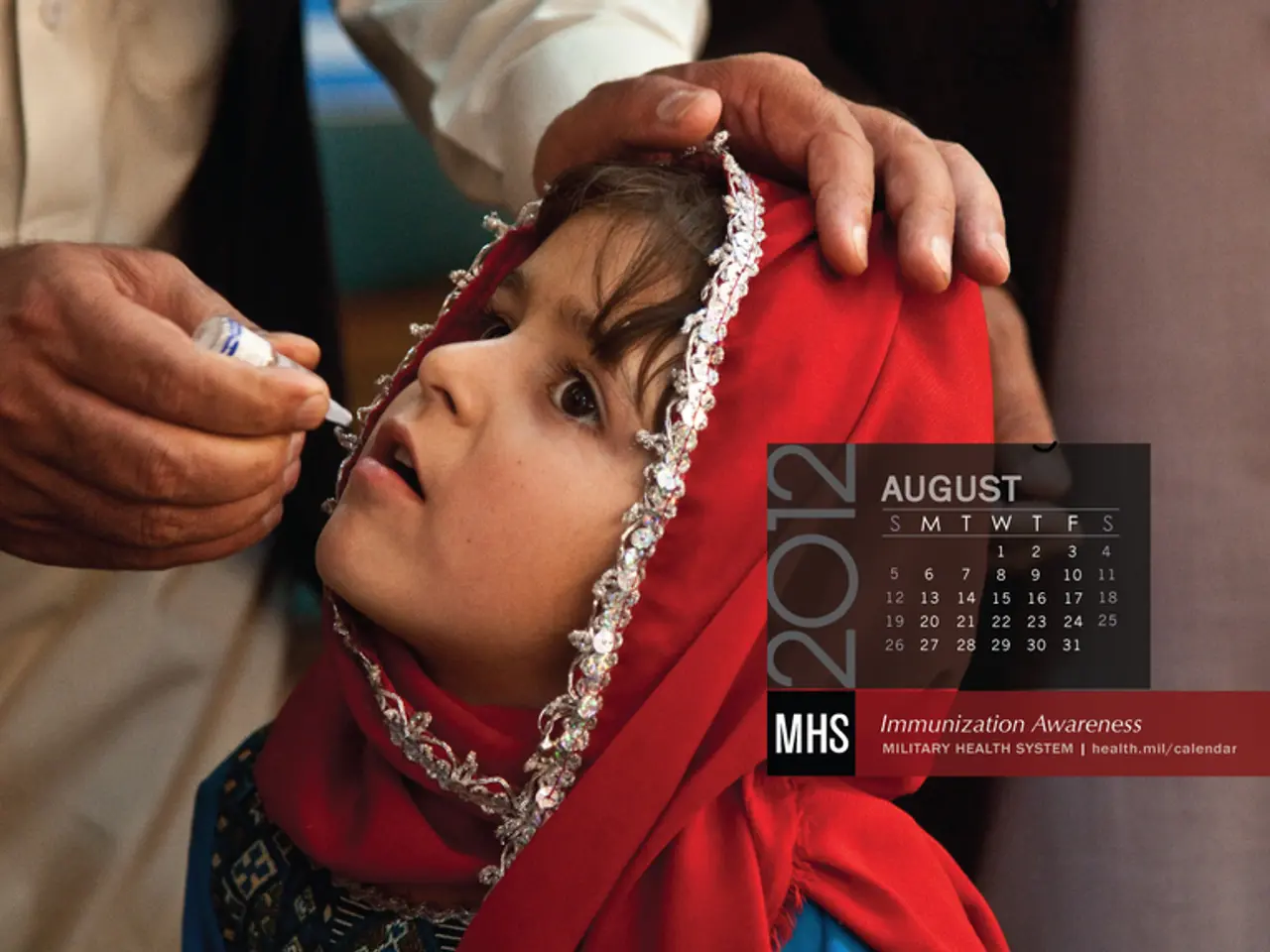Important Information on Vaccine Safety for Nigerian Parents
In recent times, many Nigerian parents have expressed concerns about the safety and side effects of vaccines. However, it is essential to understand that vaccines undergo rigorous testing and are safe for use.
Serious adverse reactions to vaccines are extremely rare. Proper management of adverse events is crucial to maintain trust in vaccines and ensure public safety. The collaboration between healthcare professionals, regulatory bodies, and vaccine manufacturers plays a vital role in identifying and managing adverse events effectively.
Vaccines undergo continuous monitoring to ensure their safety and efficacy. Regulatory bodies such as the National Pharmacovigilance Center in Nigeria and the National Agency for Food and Drug Administration and Control (NAFDAC) monitor and analyze reported adverse events to identify any potential safety concerns.
It is important to verify the credibility of the sources providing information about vaccination. Look for information from reputable organizations such as the World Health Organization (WHO) and the Nigeria Center for Disease Control (NCDC).
The current vaccination guidelines for children in Nigeria include routine immunizations against common childhood diseases such as measles, polio, pertussis (whooping cough), tetanus, hepatitis B, diarrheal illnesses, and more recently, the malaria vaccine. The malaria vaccine is given starting at five months of age with four doses: at 5, 6, 7 months, and a booster at 15 months or later if delayed.
To address common concerns about vaccine safety and side effects, Nigerian health authorities and community outreach programs emphasize the following:
- Trust Building: Studies indicate that trust in healthcare providers strongly correlates with higher vaccination rates. Tailored communication by trusted health professionals helps counter misinformation and vaccine hesitancy.
- Community Engagement: Outreach programs actively involve local leaders and use education campaigns to clarify vaccine benefits and side effects, reducing fears and doubts. For example, malaria vaccine campaigns include door-to-door engagement and testimonials from parents about safety and efficacy.
- Information Dissemination: Providing clear information about common side effects (usually mild and short-lived, such as fever or soreness) helps parents understand what to expect and when to seek medical advice.
- Addressing Logistical Concerns: Efforts to improve vaccine supply and availability make it easier for parents to follow the recommended schedule promptly, reducing delays and missed doses.
Overall, parents are encouraged to consult healthcare providers to discuss vaccine safety, report adverse effects, and rely on credible sources to make informed decisions about their children's immunizations within Nigeria’s structured program. Vaccines are not just beneficial for the individual receiving them but also for the entire community. They protect us from deadly diseases and prevent outbreaks. By immunizing our children, we are taking a significant step towards a healthier and safer future for all.
- Parents in Nigeria, while having concerns about vaccine safety, should be reassured that vaccines undergo rigorous testing and are generally safe for use, with serious adverse reactions occurring rarely.
- To promote trust in vaccines, learning from credible sources like the World Health Organization (WHO) and the Nigeria Center for Disease Control (NCDC) is essential.
- In Nigeria, the routine immunization schedule for children includes vaccines against common childhood diseases like measles, polio, pertussis, tetanus, hepatitis B, and diarrheal illnesses, with the malaria vaccine recently added.
- Understanding that most side effects of vaccines are minor, such as fever or soreness, prepares parents for potential reactions and helps them determine when to seek medical advice.
- By involving local leaders in education campaigns, outreach programs aim to clarify the benefits and side effects of vaccines, reducing vaccine hesitancy and addressing parents' concerns.
- Health authorities in Nigeria prioritize building trust with healthcare providers and emphasizing the importance of vaccines in preventing outbreaks, ensuring the overall health and safety of children.
- Proper management of adverse events, through collaboration between healthcare professionals, regulatory bodies, and vaccine manufacturers, is crucial to maintaining public trust in vaccines and promoting a healthier and safer future for all families and children.




